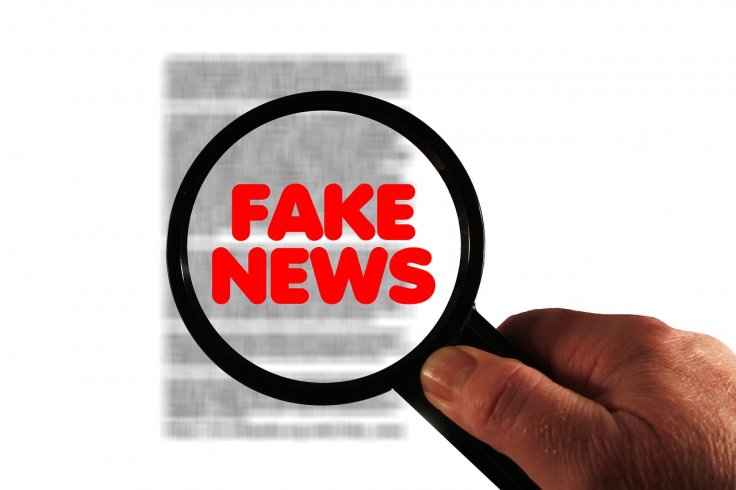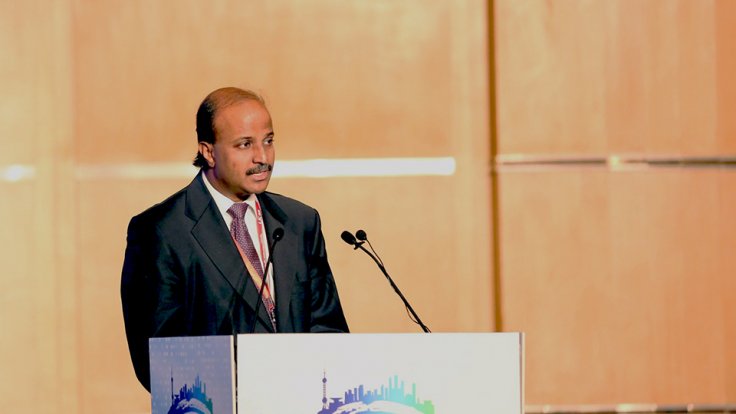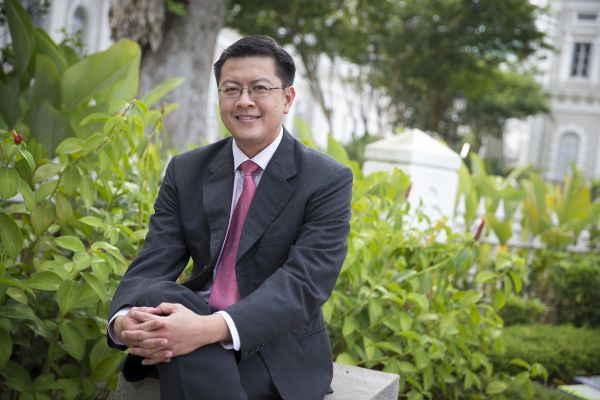During elections around the world, the spread of false information is a problem everyone has to deal with. In the United States, during the 2016 Presidential Election, people witnessed a massive amount of misinformation being spread on social media platforms, which faced intense criticism.
Considering that, many countries have already passed their own laws, criminalizing the spread of fake news. In that context, Southeast Asian countries have gone a step ahead as Vietnam, Thailand, Myanmar, Cambodia, Malaysia and Singapore have passed their laws to protect citizens from misinformation.

Singapore's POFMA
In Singapore, Protection from Online Falsehoods and Manipulation Act (POFMA) was enacted last year. In a gradual process, authorities use the law to first issue fact-checking statements on the website Factually, followed by correction directions to websites, social media platforms and people. If there is no compliance, the POFMA office then issues a disabling order to stop access to such statements. Under the law, spreading falsehood is a criminal offence and an individual can be jailed for up to 10 years and fined heavily.
It was an important step taken ahead of the Republic's General Election in 2020, which is scheduled for July 10. Ever since the Nomination Day on June 30, 'correction directions' have been issued multiple times to political parties, news outlets and social media pages.
Instances of POFMA During GE2020
Spending on Foreign Students: On Thursday, July 2, the Alternate Authority for the Minister for Education in Singapore issued a 'correction direction' to People's Voice (PV) party and its chief Team Lin for spreading misinformation regarding government's spending on foreign students. This was the first time when a political party has been charged with Singapore's anti-false news law during an election.
10 million population fiasco: The most debated topic during the GE2020 emerged to be Singapore's supposed target to increase the population to 10 million. Despite the Government denying such plan, opposition leaders continued to press the ruling People's Action Party (PAP) candidates on that note.
The issue first surfaced when Singapore Democratic Party's Chee Soon Juan raised the issue during a live debate on July 1. While PAP's Vivian Balakrishnan, who was also present during the debate, shot him down saying it was not true. It was widely circulated on social media platforms.
They cited a statement made by Dr Cheong Koon Hean at the IPS-Nathan Lectures in 2018. Workers' Party's Jamus Lim and Progress Singapore Party's Francis Yuen were also present in that debate. Concerning the 10-million population fiasco, POFMA office had to issue as many as three correction directions on the same topic.

COVID-19 testing: The latest statement to come under POFMA radar was SDP candidate Dr Paul Tambyah's statement on COVID-19 testing. On July 2, Tambyah said the Ministry of Manpower (MOM) sent an email advisory to employers saying that they would lose work pass privileges if they brought in workers for COVID-19 testing, a decision they alleged was made without the advice of medical professionals.
MOM and POFMA, in a joint statement, debunked the claims and issued correction direction to Tambyah and those media outlets which carried the story.
Important Step to Curb Falsehood
While opposition political parties in the city-state feel POFMA is too restrictive and stifle their voice, political analyst and former nominated Member of Parliament, Eugene Tan says that it is "an important law to deal with falsehoods that can prejudice the integrity of the election".
The issue is not whether to regulate falsehoods but how to regulate falsehoods so that they do not get in the way of legitimate democratic processes such as citizens deciding on who should form the government. POFMA is one of Singapore's approaches to preventing the truth decay," Tan, who is also an Associate Professor of Law at Singapore Management University, told IBTimes Singapore.
During the current election, Singapore is witnessing the power of the law for the first time and thus far, it has worked out really well. POFMA helps stop people from being victims of misinformation which could lead to voting an individual who has spread such fake news.
"It does not stifle the opposition's voice at all. Elections should not be a time for politicians to peddle falsehoods to mislead voters," Tan said. "It's all too easy to blame such laws as stifling dissent or crippling legitimate political discourse. The issue is not falsehoods per se but whether there was responsible speech."

PSP has even stated in their election manifesto that it would review POFMA if elected to encourage diversity of views. But Tan believes, "free speech is not a licence to propagate misinformation".
"POFMA provides swift and affordable legal challenges to the authorities. POFMA cannot compel anyone to believe a particular version of the facts. It only seeks to provide the reader with the means to decide for himself," he said, adding that in most cases, the information still remains available online for people to see. The law requires the author to carry a link to the government's narrative. Ultimately, it is up to people to decide whom they should believe.








